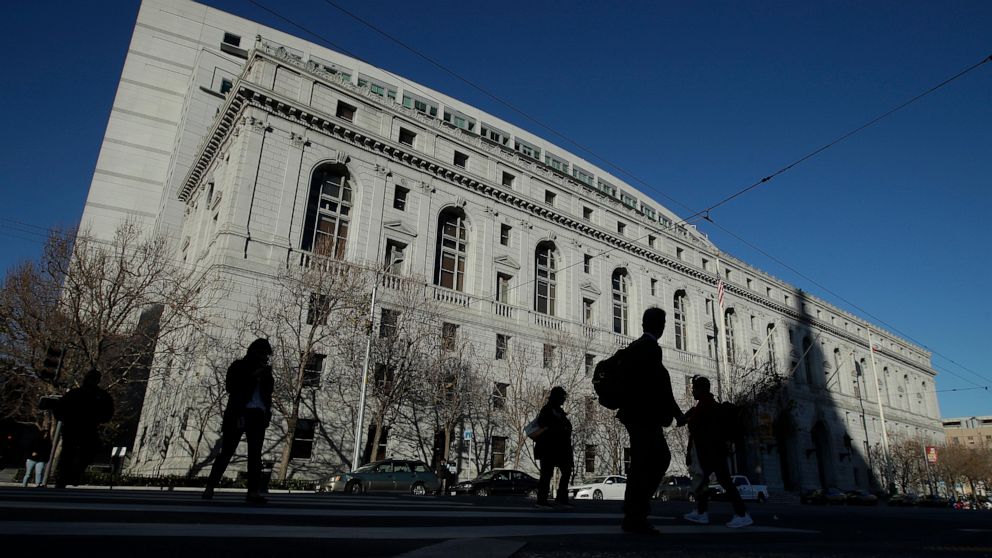In a landmark decision, the California Supreme Court has ruled that police officers in the state can be held liable for certain misconduct lawsuits. The ruling is expected to have significant implications for police departments across the state, as it could lead to increased accountability and transparency in law enforcement.
The decision stems from a case involving a man named Luis Vargas, who was arrested by police in the city of Anaheim in 2016. Vargas alleged that he was subjected to excessive force during his arrest, and filed a lawsuit against the officers involved. However, a lower court dismissed his case on the grounds that the officers were immune from liability under a legal doctrine known as qualified immunity.
Qualified immunity is a legal principle that shields government officials from being held personally liable for actions taken in the course of their official duties, unless those actions violate clearly established constitutional or statutory rights. The doctrine has been criticized by civil rights advocates, who argue that it often allows police officers to escape accountability for misconduct.
In its ruling, the California Supreme Court rejected the notion that police officers are always entitled to qualified immunity. Instead, the court held that officers can be held liable for excessive force if they use more force than is reasonably necessary under the circumstances, and if they knew or should have known that their conduct would violate the plaintiff’s constitutional rights.
The court’s decision is significant because it clarifies the standard for excessive force claims in California, and makes it easier for plaintiffs to hold police officers accountable for misconduct. It also aligns California with other states that have taken steps to limit qualified immunity for law enforcement officers.
Critics of the ruling argue that it could lead to an increase in frivolous lawsuits against police officers, and could make it more difficult for law enforcement to do their jobs effectively. However, supporters of the decision argue that it is necessary to ensure that police officers are held accountable for their actions, and that it will help to build trust between law enforcement and the communities they serve.
Overall, the California Supreme Court’s ruling is a significant step forward in the fight for police accountability and transparency. By clarifying the standard for excessive force claims, the court has made it easier for victims of police misconduct to seek justice, and has sent a clear message that police officers are not above the law.



